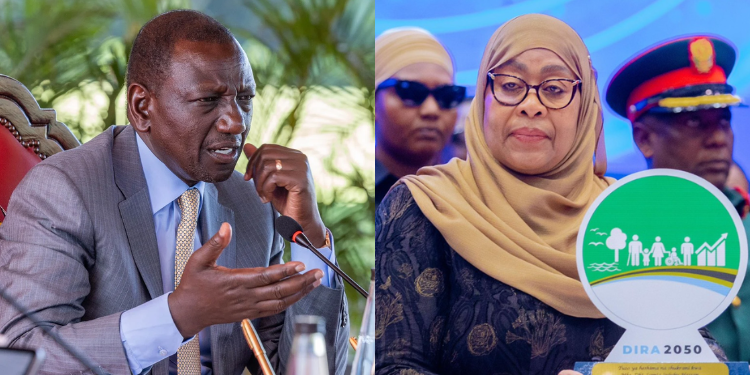Kenyan President William Ruto held a phone conversation with his Tanzanian counterpart, Samia Suluhu Hassan, amid a diplomatic standoff after Dodoma banned foreigners, including Kenyans, from certain business activities within its borders.
Tanzania’s Minister for Trade and Industry amended the Business Licensing Act, a move that could compel all foreigners to hand over their small and medium-sized enterprises to local Tanzanians.
Prime Cabinet Secretary and Foreign Affairs CS Musalia Mudavadi said Presidents Ruto and Suluhu are engaged in talks to resolve the standoff.
Mudavadi said Tanzania’s decision has far-reaching implications and is now a priority on President Ruto’s desk.
Ruto also held phone talks with Tanzania’s President Samia Suluhu seeking diplomatic solutions to the dispute.
“Ruto, as the Chair of the East African Community Summit, is in talks with President Suluhu and the Tanzanian trade minister. Therefore, we are using diplomatic means to solve the issues you have seen,” Mudavadi said.
Kenya to Allow for Negotiations Between Ruto and Suluhu
Kenya’s Trade and Industry CS Lee Kinyanjui warned that Tanzania’s new tax and business licensing measures threaten regional trade.
Speaking on July 30, Kinyajui said the decision could reverse hard-won gains under the East African Community (EAC) framework.
“Kenya acknowledges and respects the sovereign rights of EAC Partner States to legislate on domestic matters but also believes in the importance of consultation, coordination, and consistency in implementing policies that affect cross-border goods transfer,” read the statement in part.
“The measures taken by Tanzania are substantive and undermine the core objective of regional economic integration under the Common Market Protocol (CMP).”
Also Read: Senator Cherargei Tells Ruto to Ban Tanzanians From Running Businesses
Imposing Similar Restrictions
He warned that Kenya could impose similar sanctions on Tanzania if the measures remain in place, but only as a last resort if diplomacy fails.
“As to whether retaliation is one of the cards on the table, maybe the point is we can’t rule it out. But I think that should be the last thing. The first thing is to give diplomacy and negotiations an opportunity. And that’s the direction we want to go,” he said.
Kinyanjui urged the Tanzanian government to lift the measures, citing violations of Article 13 of the EAC Common Market Protocol which allows EAC nationals to establish and operate businesses.
Also Read: Kenya Warns Tanzania After Ban on Foreigners Operating Small Businesses
How the News Order Affects Foreigners
In the new order by Suluhu’s administration, businesses such as retail shops, mobile money transfers, mobile phone repairs and saloon services are reserved for Tanzanians only.
Other jobs that are now exclusively for Tanzanians include home managers, curio shops, real estate brokering, clearing and forwarding services and ownership of gambling machines.
Kinyajui criticised this move, stating that many Kenyans are working within the broader East Africa, especially in areas of IT, in areas of Small and Medium Enterprises (SME) and many others.
“I think we would want to continue to give Kenyans and citizens within the East African community an opportunity to work anywhere that opportunity presents itself,” Kinyajui said.
This comes after President Ruto hosted President Yoweri Kaguta Museveni of the EAC on July 30 for a crucial dialogue on regional issues. on regional issues.
Follow our WhatsApp Channel and X Account for real-time news updates.
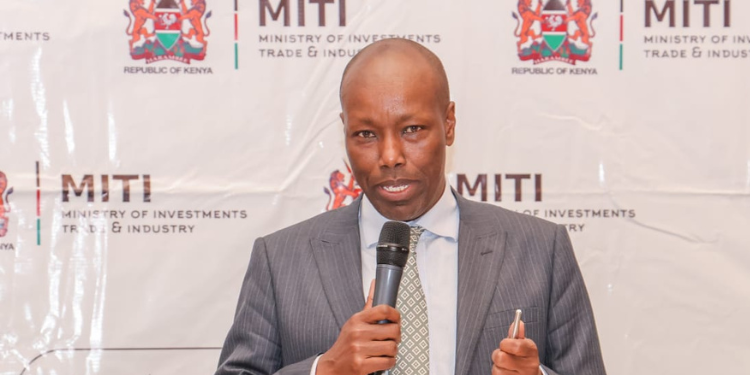


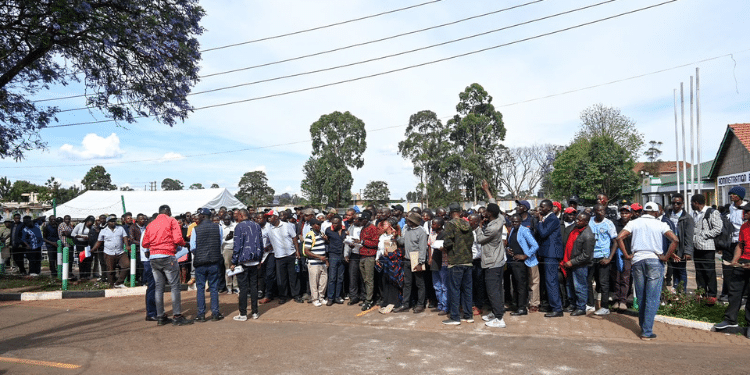
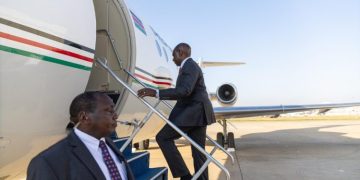
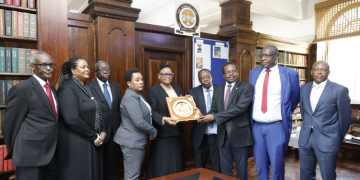

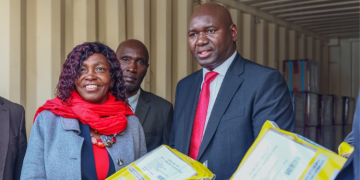
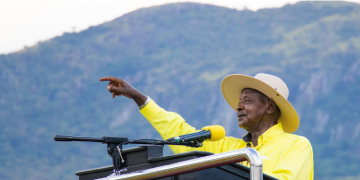









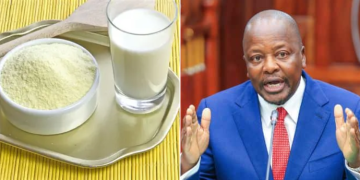































![Senator Allan Chesang And Chanelle Kittony Wed In A Colourful Ceremony [Photos] Trans Nzoia Senator Allan Chesang With Channelle Kittony/Oscar Sudi]( https://thekenyatimescdn-ese7d3e7ghdnbfa9.z01.azurefd.net/prodimages/uploads/2025/11/Trans-Nzoia-Senator-Allan-Chesang-with-Channelle-KittonyOscar-Sudi-360x180.png)




















